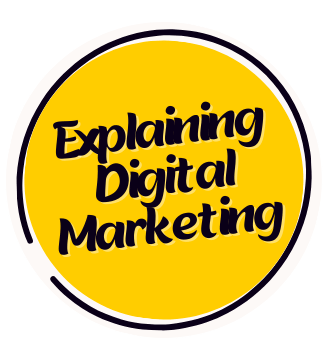In the fast-evolving landscape of digital marketing, the role of a marketing strategist has become increasingly pivotal. As businesses seek to navigate the complexities of digital engagement and brand positioning, understanding the core skills necessary for a marketing strategist is crucial. This blog explores the key competencies and knowledge areas vital for success in this role.
Understanding the Role
A marketing strategist is responsible for planning, developing, and implementing marketing strategies that promote a company’s products or services. They play a critical role in driving business growth by identifying target audiences, setting clear objectives, and analyzing market trends and competitors.
Key Skills for a Marketing Strategist
Analytical Thinking: The ability to analyze data, understand market trends, and interpret customer behavior is fundamental. Tools like SEMrush and Google Analytics provide insights into SEO performance and consumer engagement, aiding strategists in making data-driven decisions.
Creative Problem-Solving: Creativity isn’t just for content creators. Marketing strategists need to think outside the box to develop innovative strategies that capture attention and resonate with target audiences. This might involve unique campaign ideas or unconventional media channels.
Strong Communication: Articulating ideas clearly and persuasively is essential, whether it’s through writing compelling copy or presenting strategies to stakeholders. A marketing strategist must bridge the gap between complex data insights and actionable marketing plans.
Technical Proficiency: Understanding the digital tools and platforms that drive modern marketing is crucial. Familiarity with CRM software, such as Podium, email marketing platforms like Klaviyo, and SEO tools enhances a strategist’s ability to craft targeted campaigns.
Adaptability: The digital marketing landscape is constantly changing. A successful strategist stays ahead of trends, adapts strategies quickly, and is always learning. This might involve embracing new social media platforms or adapting to changes in consumer behavior post-pandemic.
Strategic Planning: The core of the role involves long-term planning and setting KPIs that align with business goals. A strategist should see the bigger picture, understanding how various marketing channels and activities contribute to overall objectives.
Pathways to Becoming a Marketing Strategist
Education: A background in marketing, business, or a related field is often required. However, the importance of continual learning cannot be overstated—online courses, workshops, and certifications can keep skills sharp.
Experience: Hands-on experience in marketing roles, particularly those involving data analysis, campaign management, and digital marketing, is invaluable. Working across different industries can also provide a broader perspective on effective strategies.
Networking: Connecting with other professionals in the field, attending industry conferences, and staying engaged with marketing communities can offer insights and opportunities for growth.
Conclusion
Becoming a marketing strategist requires a blend of analytical and creative skills, technical knowledge, and a strategic mindset. By continually developing these competencies and staying attuned to the ever-changing digital landscape, aspiring strategists can build successful careers that shape the future of businesses in the digital age.



